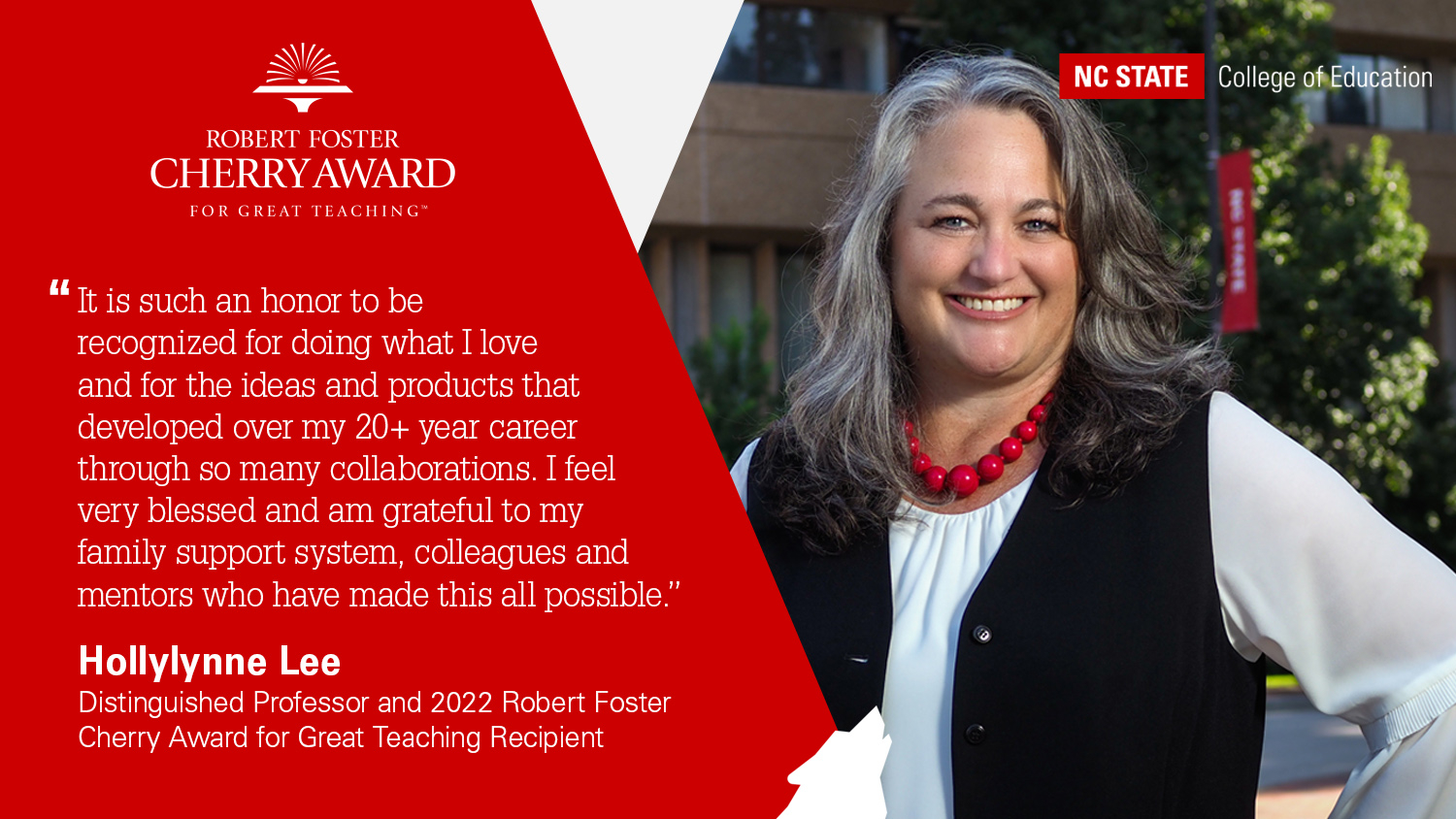New Book from Professor Hiller Spires Guides Teachers Through the Use of Project-Based Inquiry, Disciplinary Literacy
Hiller Spires, Ph.D., Alumni Distinguished Graduate Professor, associate dean and executive director of the Friday Institute for Educational Innovation with the NC State College of Education, has written a new book to help teachers build students’ discipline-specific skills and knowledge.
Read, Write, Inquire: Disciplinary Literacy for Grades 6-12, published by Teachers College Press, is a guide designed to provide middle and high school teachers with a research-based pedagogical approach that combines project-based inquiry as well as disciplinary literacy — the use of reading, writing, speaking, listening and viewing for deep learning and knowledge creation within a specific discipline.
“I first designed the project-based inquiry model in my graduate course, New Literacies and Media, as a way for my master’s literacy students to practice an inquiry process with digital media that they in turn could use with their students,” Spires said. “A few years later, I had the opportunity to design disciplinary literacy strategies as part of a massive open online course (MOOC). During this design process, we combined inquiry and disciplinary strategies to come up with this unique model for teachers.”
In the book, Spires and co-authors Shea Kerkhoff and Casey Medlock draw on their professional development experience of working with more than 3,000 teachers to share a five-phase framework that educators can use to help students build discipline-specific skills across core subjects, including English Language Arts, mathematics, history and social studies, and science. The model is also effective with students from diverse backgrounds by drawing on students’ funds of knowledge from different cultural contexts to create new knowledge within the disciplines.
In addition to laying the foundation for the importance of disciplinary literacy and its connection with inquiry, the book offers simple lesson plans for each of the core subjects, instructional models to guide student question generation and a demonstration of how students in different grade levels and from diverse backgrounds might progress through the use of disciplinary literacy in the classroom.
The book also features questions to support educators’ active engagement with the content while they read as well as a “Now It’s Your Turn!” section that guides teachers through planning and conducting project-based inquiry in their classrooms.
The Five-Phase Framework Outlined in Read, Write, Inquire: Disciplinary Literacy for Grades 6-12
- Students compose a compelling question, generated either by the teacher or student, or through a collaboration between the two. Students can work in pairs or small groups to explore these questions.
- Students use digital and print resources to gather and analyze pertinent information related to their question. This process can be differentiated for students across the four core disciplines.
- Students creatively synthesize claimsand evidence they generate based on the information they have gathered.
- Students critically evaluate and revise their supporting evidence as they fine-tune claims within a discipline.
- Students communicate their products by sharing, publishing or acting to a larger, global audience outside the classroom through mediums like social media.
- Categories:


